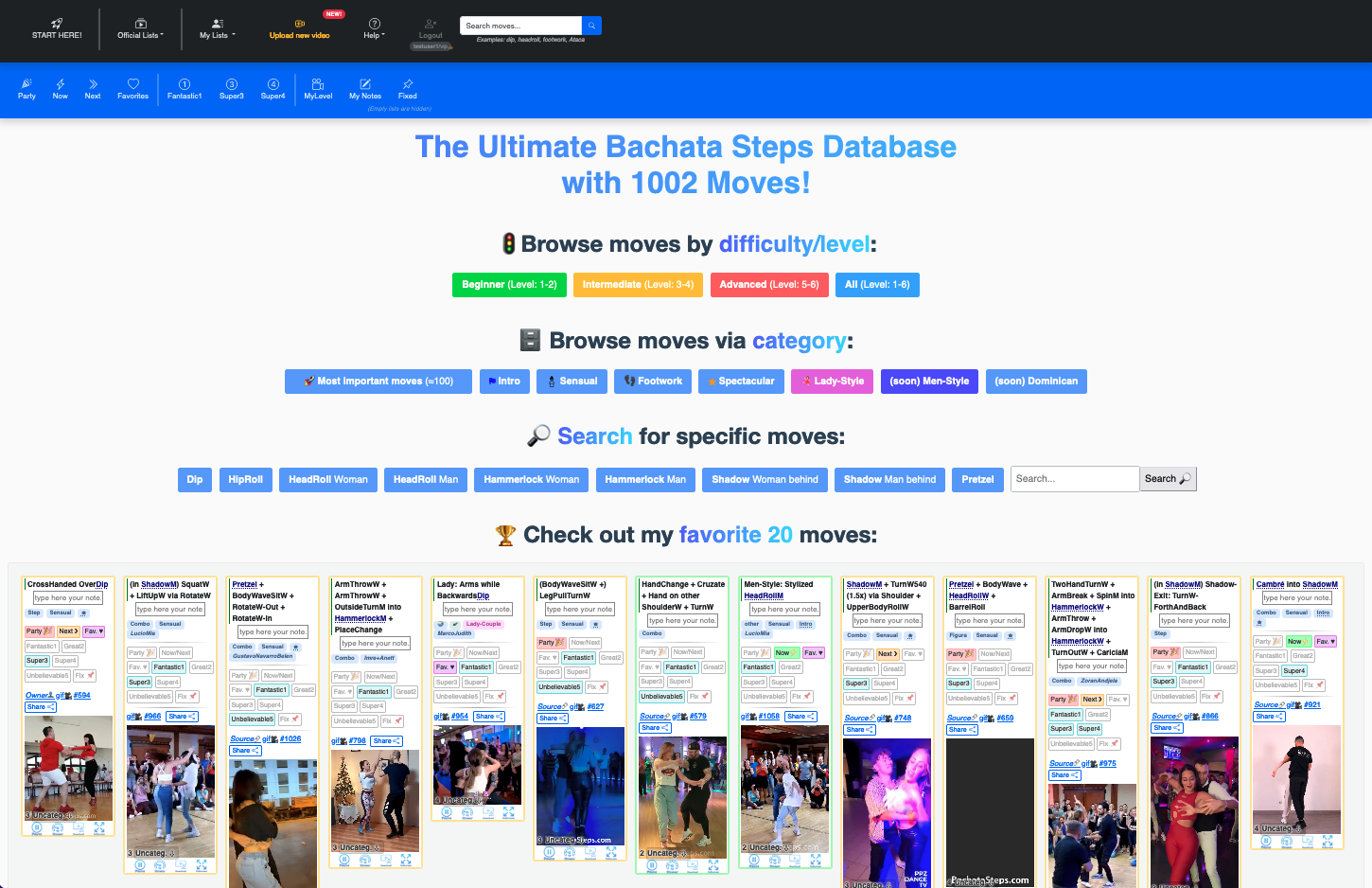Bachata, a genre of music and dance originating from the Dominican Republic, has a rich history and a lineage of influential figures who have shaped its development. In this article, we will delve into the fascinating history of Bachata and celebrate the contributions of its legendary figures who have made it a global phenomenon.
Origins and Evolution
Bachata emerged in the early 20th century as a form of traditional Dominican music and dance. Its roots can be traced back to rural areas, where it was initially associated with lower-class communities. Over time, Bachata gained popularity and started to incorporate elements of other genres, such as bolero and merengue. This fusion gave birth to the modern Bachata sound that we know today.
Pioneers and Innovators
Several influential figures played pivotal roles in the development and popularization of Bachata. Among them is José Manuel Calderón, often referred to as the "Father of Bachata," who introduced electric guitar to the genre and helped establish its distinct sound. Other pioneers like Rafael Encarnación, Leonardo Paniagua, and Luis Segura contributed to the evolution of Bachata, pushing its boundaries and gaining recognition for their unique styles.
International Recognition
During the 1990s, Bachata started to gain international recognition. Artists such as Juan Luis Guerra, with his album "Bachata Rosa," played a significant role in popularizing Bachata beyond the Dominican Republic. Their fusion of Bachata with other genres and incorporation of modern production techniques propelled Bachata into the mainstream music scene.
The Bachata Renaissance
In the early 2000s, Bachata experienced a resurgence in popularity, leading to what is often referred to as the "Bachata Renaissance." Artists like Romeo Santos, Aventura, and Prince Royce brought a fresh and contemporary approach to Bachata, incorporating elements of R&B, hip-hop, and pop music. Their innovative sound and crossover success introduced Bachata to new audiences worldwide.
Legacy and Impact
The influence of Bachata extends far beyond its musical and dance aspects. It has become a symbol of Dominican identity, representing the country's culture and heritage. Bachata has also provided a platform for social commentary, addressing themes of love, heartbreak, and everyday struggles. Through its infectious rhythms and heartfelt lyrics, Bachata has connected with people on a deep emotional level, transcending borders and language barriers.
Preserving the Legacy
Today, Bachata continues to evolve and thrive, thanks to the efforts of both established artists and emerging talents. Organizations, festivals, and dance schools around the world actively promote Bachata, preserving its traditions while embracing new influences. By celebrating the legends of the genre and nurturing new generations of artists, Bachata's legacy remains alive and vibrant.
Bachata's history is a testament to the power of music and dance in shaping culture and connecting people. The contributions of its influential figures have elevated Bachata from its humble beginnings to a global phenomenon celebrated by millions. As we honor the legends of the genre, let us continue to embrace and appreciate the beauty and richness of Bachata's history.


